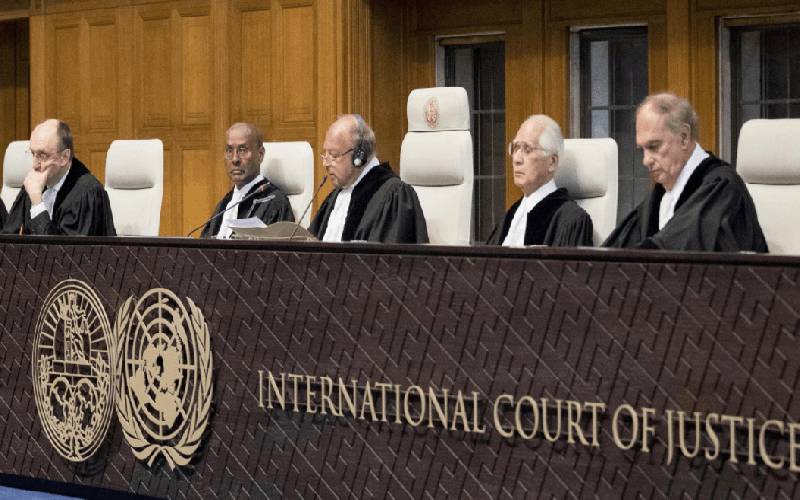×
The Standard e-Paper
Stay Informed, Even Offline

There are times when Kenya appears like a country of episodes, captures a bit of imagination, and then disappears from public discussions. This makes public attention episodic and incapable of making demands on policy makers not to agree to dubious deals. After spectacular episodes, like the dusitD2 terror attack, the public relapses back into the “normalcy” of not caring.